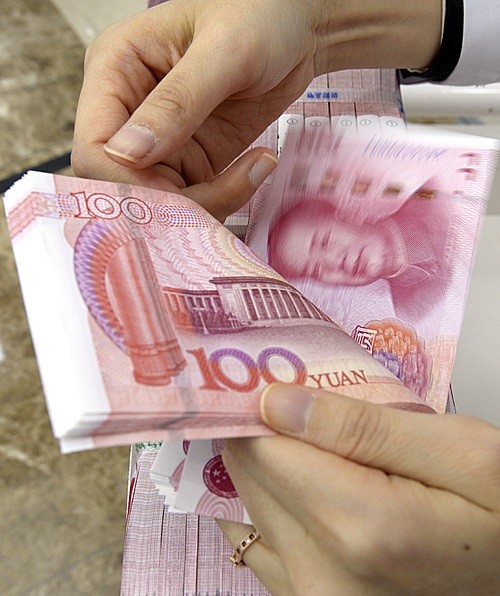
[Special Economy=Eunji Kim]The International Monetary Fund has agreed to include China's renminbi in the SDR basket on Monday, raising questions of how its addition will affect the country's largest trading partner, Korea.
There are concerns that due to the current volatile Chinese market, Korea, too, can feel the jitters, bringing up the need for the country to establish economic measures that can combat this possible financial fallout.
However, there are more bullish effects than the bad, with the news that this addition of Chinese yuan will take effect next October.
First, between trade and capital-related deals, the two countries will now rely more heavily on the renminbi to conduct settlements.
Dubbed the "yuan hub," the Chinese and Korean financial markets can take a step toward global economic emergence; consequently, Korea's reliance on the dollar will decrease.
Even before this inclusion of the Chinese currency, its use in trade settlements with Korea has increased from 0.6% in 2012 to 2.6% this year.
Furthermore, last December's won and yuan-based daily financial deals recorded at two billion two hundred sixty million dollars, up three times from when the settlements were first conducted at eight hundred eighty million dollars.
Now, this record will go up even more, and Korean firms will be able to issue bonds from China, with the establishment of yuan-based foreign exchange stabilization bond.
Also, Korea's foreign exchange risk will be minimized; last 2009, the two countries did a currency swap worth three hundred sixty billion yuan. It gives Korea opportunity to forgo swapping the yuan into dollar, staying with the currency as it is, which consequently lowers the foreign exchange risk.
The demand for the renminbi in the financial market will increase, as the currency will strengthen, easing, in some way, the current volatile Chinese market.

